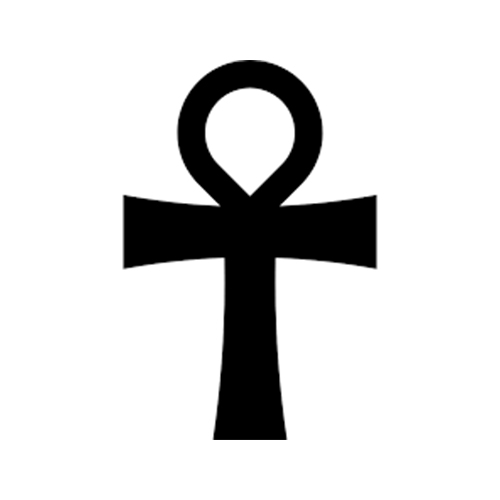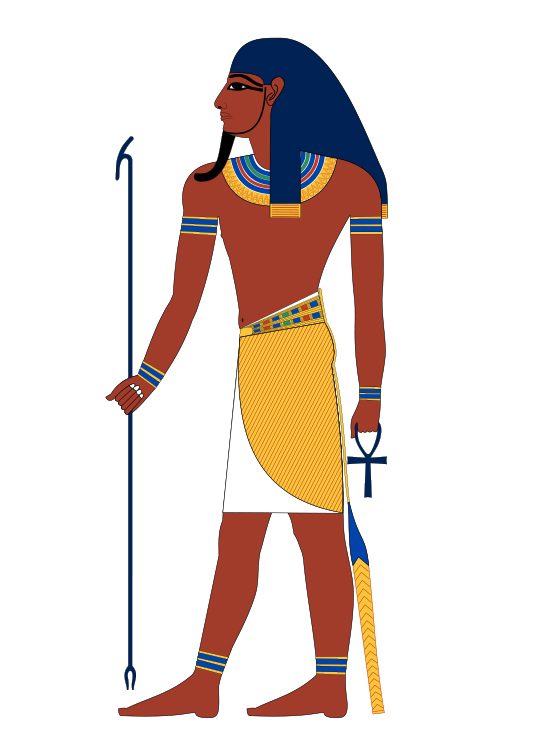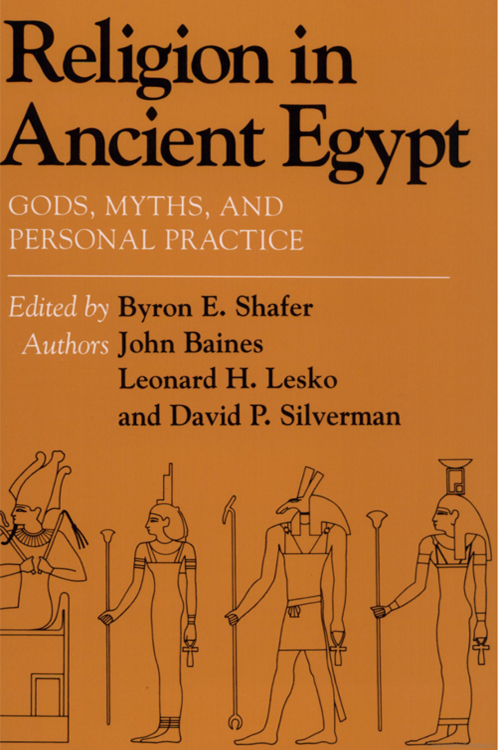About this myth
Egyptian Memphis is a Creation myth originating from the Egyptian belief system. The main deity depicted in this myth is likely Ptah. Others include Atum, Horus, Shu, and Tefnet.
In a nutshell
Myth summary
The world and men were created by Ptah, the Egyptian deity associated with creation (and sometimes craft). The deity envisioned his creation and made it into reality through the spoken word. He created the other major Egyptian deities who would rule in their respective areas.
Attested: Unknown
Created: Unknown
Main deity: Ptah
Belief system: Egyptian
Origin: Africa › Northern Africa › Egypt
Belief system
Egyptian Religion
Polytheistic
The religion of ancient Egypt represents a cultural identity that lasted from ca. 3500 BCE to 300 CE, and included hundreds of myths, deities, and customs.
arrow_forward More info Ptah
Main deity
Ptah (Coptic: ⲡⲧⲁϩ) was an Egyptian deity associated with creation in the Egyptian Memphis (Memphite Theology) creation myth.
arrow_forward More info Translation
"Shabaka Stone": English Translation of Memphite Theology by Leonard H. Lesko
Book · Byron E. Shafer · 1991
"Shabaka Stone" is a partial English translation of the Memphite Theology creation byth by Leonard H. Lesko. It was published in 1991 and is based on the "Shabaka Stone" artifact of the late eight century BCE. However, the myth itself is said to be much older. In this version, Lesko only provided a partial translation. He also noted that Ptah was the main deity, and how this origin story was different from other Egyptian myths in the past.
Language: Archaic Egyptian ⟶ English
More information
Background
The Egyptian Memphis creation myth comes from the ancient Egyptian city of Memphis, which was prominent during the Old Kingdom. Memphis was a city in ancient Egypt that had its own theology and political structure.
Texts related to this myth
See full texts of this myth via related artifacts. Where available, a translation is included.
All texts
Partial Translation
Archaic Egyptian ⟶ English a


















